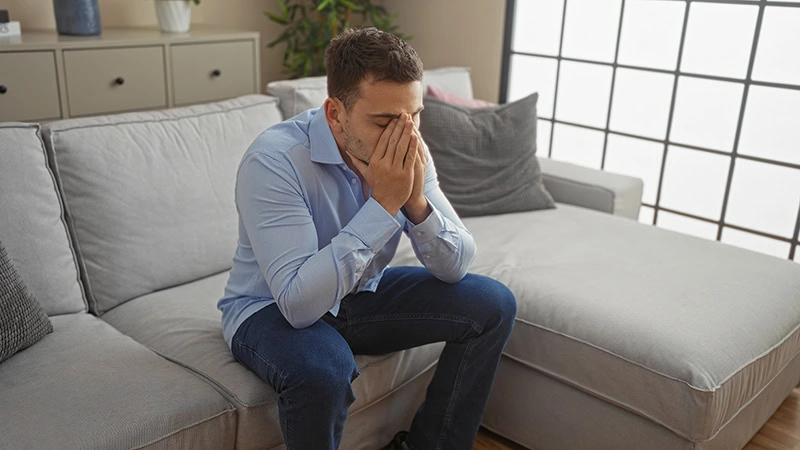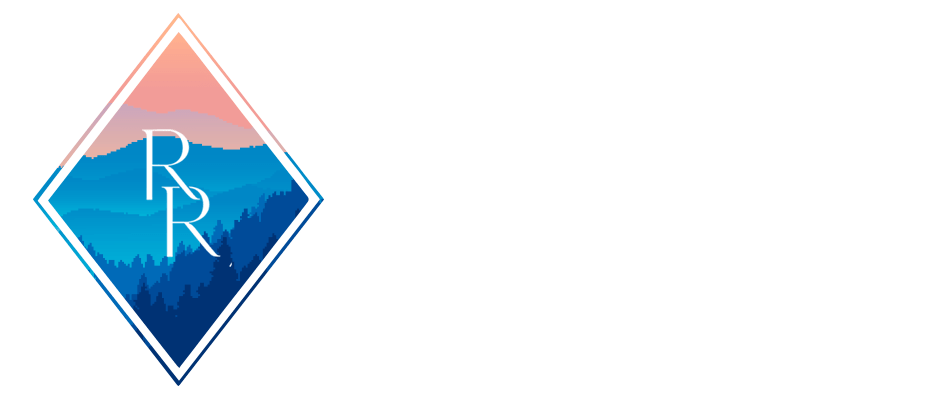Self-care is essential to recovery. Whether you have recently finished an inpatient or outpatient treatment plan, you are one year into your sobriety, or you are a decade into your sobriety, you should still be incorporating regular self-care practices. But what is self-care? And what are the best practices to use? Keep reading to dive into self-care practices for individuals in recovery.
What is Self-Care?
Self-care refers to things you do on a regular basis to prioritize your mental health or physical well-being. Self-care practices look different for everyone. If you are in recovery, your self-care practices might include prioritizing time for advanced education and career opportunities or learning to say no to social situations that might trigger you.
But some practices should remain common no matter who you are or where you are in your recovery. These include prioritizing sleep, focusing on mindfulness and physical activity, incorporating socialization, maintaining healthy nutrition, and meditating.
Top Self-Care Practices
Below are the top self-care practices that nearly all individuals can benefit from. Try to incorporate these one at a time, doing one for a week or two and then adding another at the same pace.
Feel free to find versions of these top self-care practices that work best for you and add those you prefer.
Eating Right
What you eat has a profound impact on your energy levels and mood. Being cognizant of the foods you eat and how hydrated you are can keep you feeling good about yourself, give you the energy to participate in things like support groups or social outings, and improve your sleep.
Overcoming Restlessness
The stress you experience during and after drug rehab can cause problems with sleep quality and duration. Being mindful of restlessness is a practical measure to help with mood and overall health.
If you are struggling to sleep, it is essential to tackle restlessness head-on instead of letting it get worse. Good sleep can go a long way toward controlling your emotional response and building resilience.
If you are in bed unable to sleep, don’t just lie awake for hours. Be mindful of the time and step away from the source of your stress (in this case, your bed).
If you cannot sleep for 20 minutes or more, get out of bed and do something relaxing like:
- Read a book with a soft light
- Meditate
- Mindfully stretch
- Listen to calming music
- Have a cup of tea
Once you feel tired, go back to bed and try again.
If you continue to feel restless once you get back in bed, leave again after 20 minutes and do the same (or another) relaxing activity. Continue to do this until you are able to sleep.
If you don’t and you stay in bed, it creates a negative cycle where your brain associates your bed with sleeplessness, which leads to increased anxiety surrounding being in bed, which further encourages restlessness.
Socializing When You Can
The Harvard Adult Development Study has confirmed that socialization and relationships, especially deep ones, are the most important factors contributing to overall happiness and life satisfaction.
On a related note, isolation and loneliness are two of the biggest struggles for those in recovery who are trying to avoid triggers, rebuild relationships, and find improved self-esteem.
To that end, self-care should involve socialization on a regular basis, when and where you can. This does not mean you have to go out with people when you don’t want to, but it does mean you should regularly:
- Text friends or family
- Call someone you trust
- Make plans and go out (perhaps on a walk)
- Try new hobbies with those in your community
Being Active
Being active is one of the most important ways you can take care of yourself while in treatment or after. There are small things you can do every day to stay active and improve your mood and self-esteem. For example:
- Every time you go to the store, park in the back of the parking lot so that you can walk a little bit extra
- When you go to work or any other large building with multiple stories, use the stairs instead of the elevator
- After sitting for an extended period of time, stand up and move around a bit to stretch your legs
- Go for a short walk after your meals, even if it’s just around the block
Exercising Mindfully
It’s not uncommon for people to struggle with depression or anxiety during recovery, and self-care practices can go a long way toward preventing or reducing that risk. Physical activity should also include mindfulness-related options like:
- Yoga
- Hiking
- Weight-lifting
These activities are engaging and require deep focus, which means great mindfulness. Your mind is much less likely to wander if you are focused on your breathing during a yoga pose or the nature all around you during a hike.
Finding Self-Care Practices with Ritual Recovery
Self-care practices can help everyone recover. Learning what practices work best for you will go a long way toward improving how you feel on a regular basis and how successful your recovery is. Ritual Recovery is a trusted drug rehab in North Carolina where we work hard to teach self-care practices as part of client treatment programs. Our goal is to educate all clients and enable them to utilize the tools necessary for a fulfilling and successful life long after participating in our Asheville addiction treatment programs.
Let Ritual Recovery help you develop the proper self-care practices. Call the team at our outpatient drug rehab today.








